I'm using apollo within my vue.js application, I'm currently trying to remove an object by running a mutation, here is the code :
this.$apollo.mutate({
mutation: require("../graphql/deleteTag.gql"),
variables: {
id: idToDelete,
},
update: (store, { data: { delete_tags } }) => {
if (delete_tags.affected_rows) {
const data = store.readQuery({
query: require("../graphql/fetchDevices.gql"),
});
data.device_id_to_tag_id = data.device_id_to_tag_id.filter((x) => {
return x.id != tag.device_id_to_tag_id.id;
});
store.writeQuery({
query: require("../graphql/fetchDevices.gql"),
data,
});
}
},
});
And my deleteTag.gql file :
mutation delete_tags($id: Int!){
delete_extras_taggeditem(where: { id: { _eq: $id } }) {
affected_rows
}
}
But when I run this the following error appears :
I don't really know what's going on because I followed the Hasura vue.js documentation... Thanks in advance for your help !
